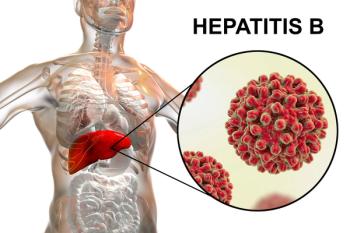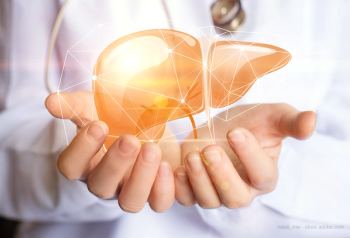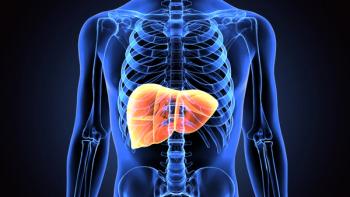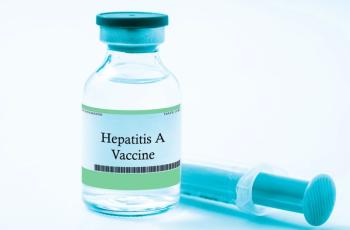
In Texas, Low Hepatitis B Vaccination Rates Among People Living with HIV
Researchers found that only 9% of vaccine-eligible patients at HIV Centers in Dallas, Houston and San Antonio had completed the three-dose series in a 365-day time period.
A retrospective analysis of data from three Texas HIV centers showed low rates of hepatitis B (HBV) vaccination among people living with HIV (PLWH) and liver disease.
The
“Understanding the effectiveness of current HBV vaccination implementation can inform strategies to improve outcomes of new HBV vaccine roll-out currently underway in PLWH to eliminate HBV,” wrote corresponding author Mamta J. Jain, M.D., a professor at UT Southwestern Medical Center in Dallas, and the study’s corresponding author.
Gilead Sciences funded the study, which was published earlier this month as a short communication.
Texas has the highest rate of hepatocellular carcinoma (HCC) in the United States, according to the study. HBV is one of the leading causes of HCC and mortality among PLWH co-infected with HBV when there is incomplete suppression, the study notes.
Unlike HCV, which has antiviral medications that have a 95% cure rate, HBV has no cure. HBV vaccination, however, is an effective prevention strategy.
“During the past decade considerable progress in HBV infection control have been achieved,” wrote Jain and colleagues. “However, unless current vaccination for PLWH can be improved or a curative treatment is developed, the (WHO 2030) target for HBV reduction will not be achieved.”
Related:
The study identified 6,925 PLWH who were eligible for the HBV vaccine. Most patients were male (70%), Black (53%), and Hispanic (26%). A majority (54%) were uninsured. Comorbidities included hypertension (37.5%), hepatitis C (14.4%), and diabetes (14.1%).
Of the 6,925 cases reviewed, researchers found that only 658 PLWH (9%) received all three doses of the HBV vaccine within a year’s time.
The study notes that the national Medical Monitoring Project reported that between 2009 and 2012, among the 44% of PLWH receiving medical care, 83% never received a single dose of the HBV vaccine during a year of follow-up care.
“In our study of PLWH, we found male sex and Black race were associated with low rates of completion of vaccination, while younger individuals were more likely to complete vaccination than older individuals,” according to the study. “No insurance or indigent care had higher rates of compliance to vaccination.”
To see if things have changed, the researchers did a subanalysis of newly diagnosed HIV patents. It yielded similar results.
“The low rates of completion and seroconversion argue for the need for a better vaccine with higher efficacy,” wrote Jain and her co-authors.
Last year, the Centers for Disease Control and Prevention expanded its
Newsletter
Get the latest industry news, event updates, and more from Managed healthcare Executive.























